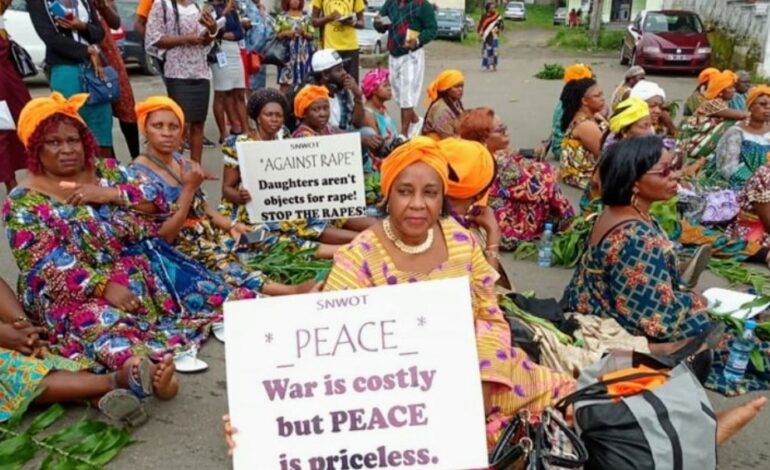
Ekeomah Atuonwu
The “Anglophone problem” has increasingly dominated Cameroon’s political agenda, posing a serious challenge to the post-colonial state’s efforts to establish national unity and integration, and has led to the return of robust ideas and activities in favor of “federalism” or even “secession.”
A look back in time will help us better grasp the origins of this problem.
Cameroon was partitioned by the United Nations, with France getting 80 percent and Britain taking 20 percent.
On the other hand, Britain, divided its half into two parts: British Northern Cameroon and British Southern Cameroon.
Following the independence of Nigeria and the French colony of Cameroon in 1960, the British Northern and Southern Cameroons were urged to join either French Cameroon or Nigeria.
The British in Northern Cameroon opted to join Nigeria since Nigeria was similarly conquered by the British and integrating into the culture would be simple, whereas the British in Southern Cameroon joined French Cameroon.
However, the minority Anglophone group had issues with the Francophone majority, resulting in the independence fight that has metamorphosed in the crisis that we have today.
One major reason for the Anglophone issue began with the violation of the Foumban Conference Agreement in July 1961. The Foumban Constitutional Conference was held in order to draft a constitution for the future federal state of British Southern Cameroon and the République du Cameroun (French Cameroon).
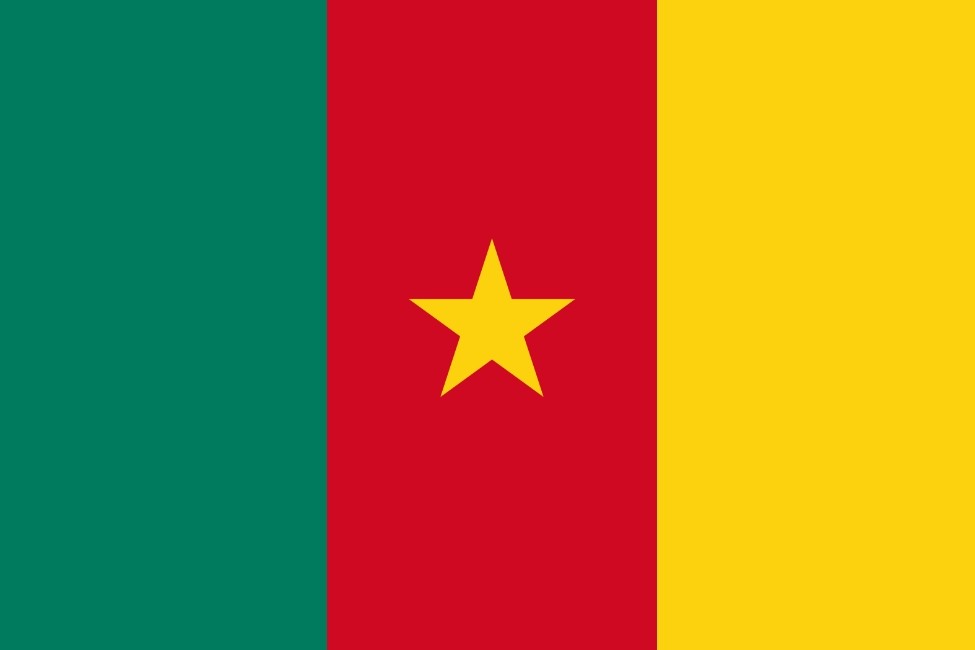
The Bamenda Conference, held before the Foumban Conference, was attended by all parties in Southern Cameroon, as well as the Native Authority Councils and traditional leaders.
This meeting agreed on a uniform proposition to submit when discussions with the Republic of Cameroon began. Among other things, the Bamenda Conference decided on a non-centralized federation to ensure a separation of powers between states and the federation.
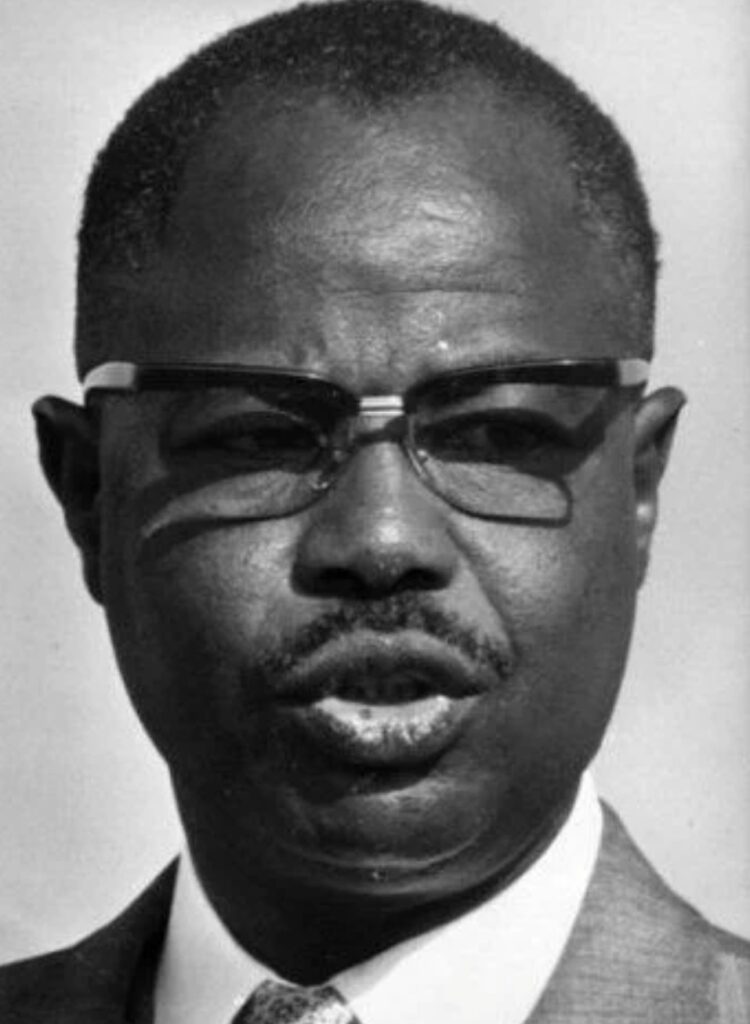
The majority of the ideas from the Bamenda Conference were ignored by then-President Ahmadou Ahidjo. Some of these plans included establishing a bicameral legislature and decentralizing authority, but ultimately a unicameral government with concentrated power was constructed.
On May 6, 1972, Ahidjo proclaimed his intention to turn the Federal Republic into a unitary state, subject to voter approval via referendum. This proposal violated the Foumban document’s articles, which stated that “any proposal for the revision of the present constitution which impairs the unity and integrity of the Federation shall be inadmissible” and that “proposals for revision shall be adopted by a simple majority vote of the members of the Federal Assembly, provided that such majority includes a majority of the representatives… of each of the Federated States,” not through a referendum.
Taking these activities into consideration, the evidence suggests that the Francophones’ aims were not to construct a federal state, but rather to acquire Southern Cameroons and not regard them as equals.
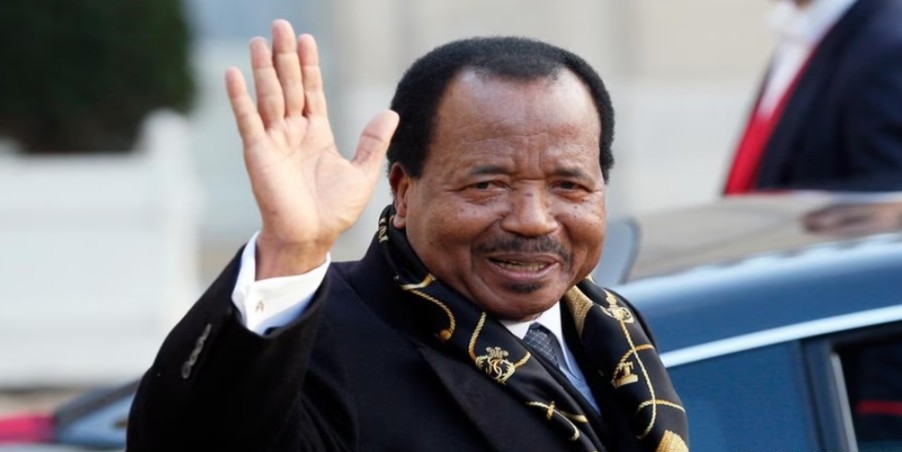
In 1984, Ahidjo’s successor, Paul Biya, changed the name of the country from “United Republic of Cameroon” to “La République du Cameroun,” the name of the francophone Cameroon before union discussions. The existence of an area known as the British Southern Cameroons, which had “functional self-government and recognized international boundaries,” was largely abolished with modifications to the Constitution in 1996.
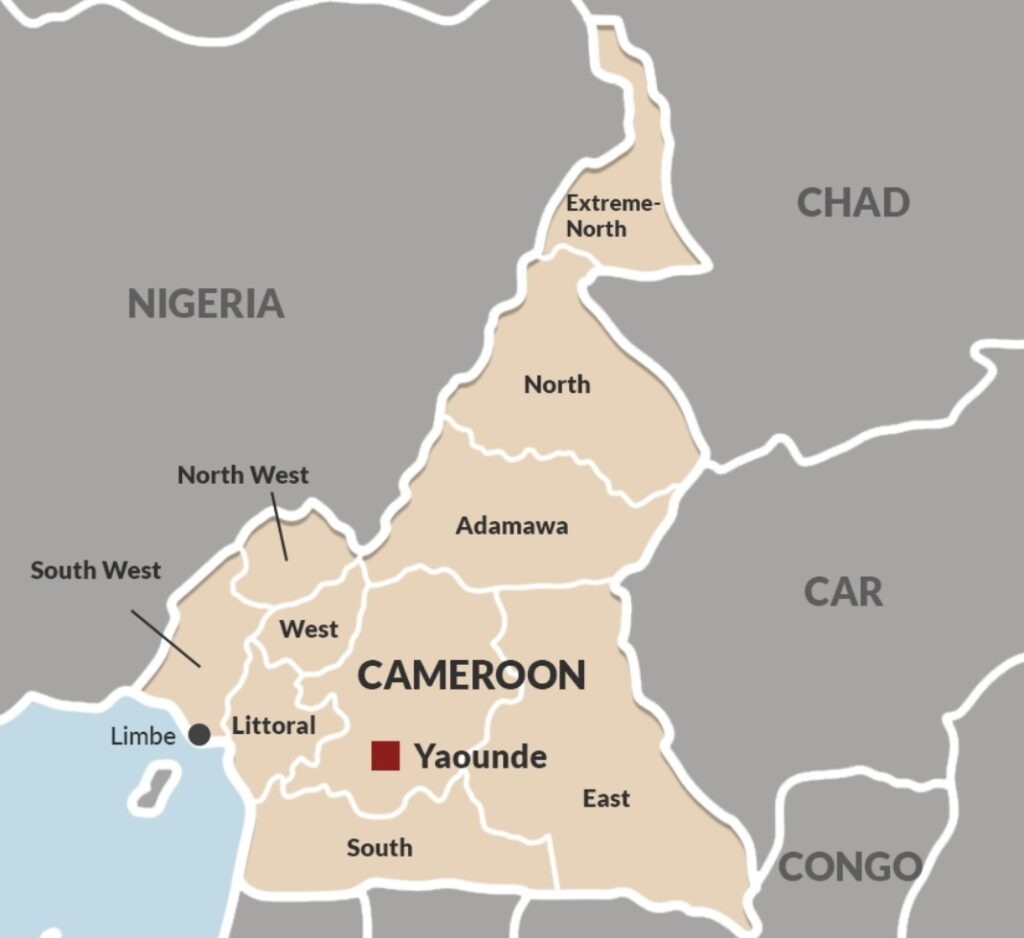
On December 22, 2016, in a letter to Paul Biya, the Anglophone Archbishops of Southern Cameroons defined the Anglophone problem as follows:
The failure of successive governments of Cameroon since 1961, to respect and implement the articles of the Constitution that uphold and safeguard what the British Southern Cameroons brought to the Union in 1961 are the foundational obstacle that continue to beset the country to this day.
The flagrant disregard for the Constitution, demonstrated by the dissolution of political parties and the formation of one political party in 1966, the sacking of Jua and the appointment of Muna as Prime Minister of West Cameroon in 1968, and other such acts, were judged by West Cameroonians to be unconstitutional and undemocratic.
The cavalier management of the 1972 referendum, which took out the foundational element (Federalism) of the 1961 Constitution, The 1984 Constitutional Amendment Act granted the country the original East Cameroon name (the Republic of Cameroon), erasing the identity of West Cameroonians from the founding union. West Cameroon, which had joined the union as an equal partner, essentially vanished.
The purposeful and systematic annihilation of West Cameroon’s cultural identity, which the 1961 Constitution attempted to conserve and safeguard by establishing a bi-cultural union, Anglophone Cameroonians, who make up 20% of the population, feel sidelined by the Francophone majority.
Cameroonian President Paul Biya speaks exclusively French in public, and his government has largely rejected the requests of attorneys and teachers who staged peaceful anti-French domination rallies in 2016.
Since then, the war has escalated into a bloodbath, and many Anglophones have demanded the establishment of an independent state known as Ambazonia.
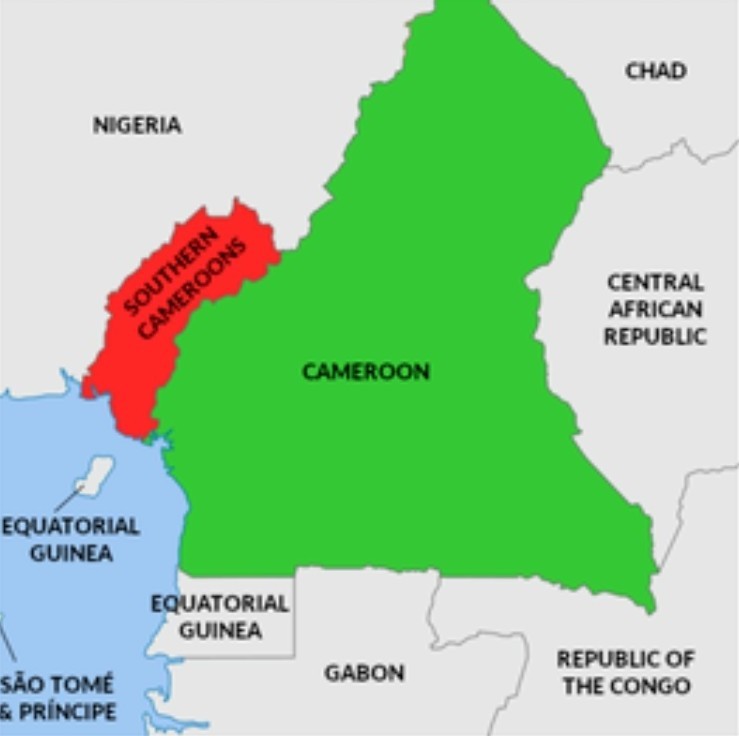
Contested Cameroonian map
Wikipedia /Courtesy/

The conflict took a turn in 2016 when separatist groups and the Cameroonian government clashed often and violently. In December 2016, twelve protestors were killed in clashes with security police.
Two major incidents accelerated the conflict’s intensification –
(1) First, the government should select and deploy Francophone judges (educated in Civil Law) to hear cases using Common Law, which is employed in Anglophone Appellate courts. The need for lawyers to file court proceedings in French in these courts triggered major protests from lawyers requesting that such regulations be reversed immediately.
(2) Second, the appointment of instructors from Francophone Cameroon to work at Anglophone institutions despite their lack of English language proficiency caused complaints from teachers, students, and activists.
Instead of embracing and emphasizing dialogue as a means of resolving the situation, the central government has frequently used force to crackdown on demonstrators.
The appearance and operations of armed militia groups, which resulted in a rise in the number of internally displaced persons (over 160 000) and externally displaced persons (over 50 000) in 2017, may have signaled the shift of the Anglophone problem from a crisis to a war.
Freedom of expression was crippled for citizens in Cameroon’s English-speaking areas as a result of the attorneys’ and teachers’ protests, and free speech on the internet became impossible. From January through April of 2017, the first shutdown lasted 93 days.
After worldwide pressure from the United Nations and Pope Francis, Internet service was eventually restored in April. However, following repeated demonstrations in Anglophone areas, a second, and more targeted closure was implemented in October of the same year.
The new ban targeted social media and texting applications. Facebook, Twitter, Instagram, and WhatsApp were deactivated. By this point, however, many Cameroonians had prepared by utilizing VPN services to avoid the blockage.
After a three-month blackout, the Cameroonian government announced the restoration of Internet connectivity to the country’s Anglophone areas.
However, education remains one of the worst-affected sectors by the crisis. Men in civilian attire entered on motorbikes at about noon on October 24, 2020, and invaded the Mother Francisca International Bilingual Academy in Kumba with machetes and weapons, killing 7 pupils and injuring 13.
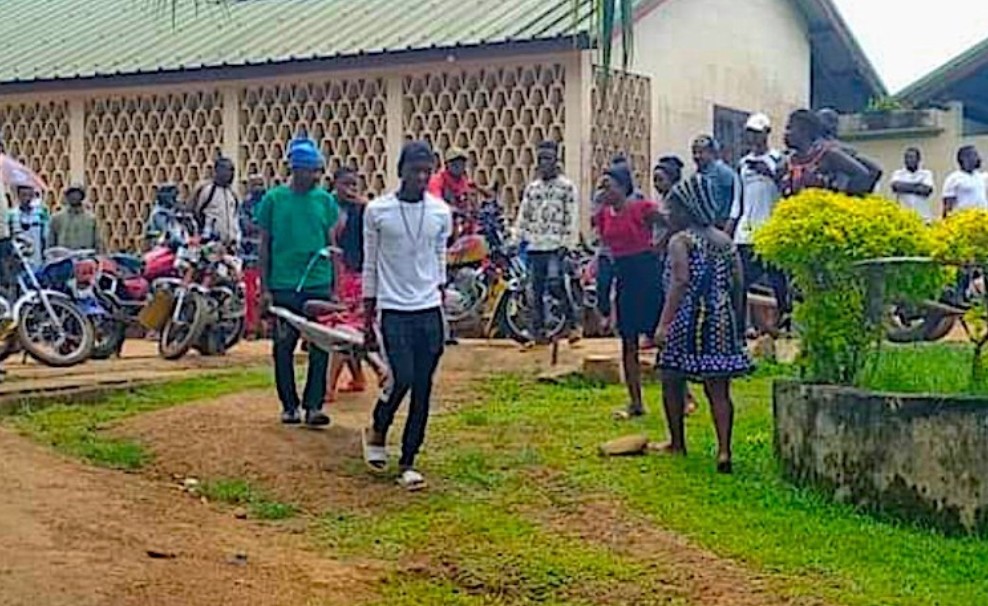
According to recent Twitter Spaces discussion organized by Human Rights Watch on January 24, 2022 to commemorate the international day of education, 850,000 students in Cameroon have been deprived of school since 2016, following a bloody separatist conflict in the country’s English-speaking regions.
Separatist soldiers known as “Amba Boys” have turned education into a battlefield in their quest.
According to Human Rights Watch, this study has frightened both instructors and students and has scared many parents into keeping their children home from school. An estimated 700,000 pupils have been denied education, primarily in rural regions.
In personal encounters with the crisis, Agbor Nkongho, a lawyer and a leading member of the Cameroon Anglophone Civil Society Consortium, recounted his experience as a lecturer in higher education, where the heads of instruction felt he was using the classroom as a medium to promote advocacy of rights and fired him.
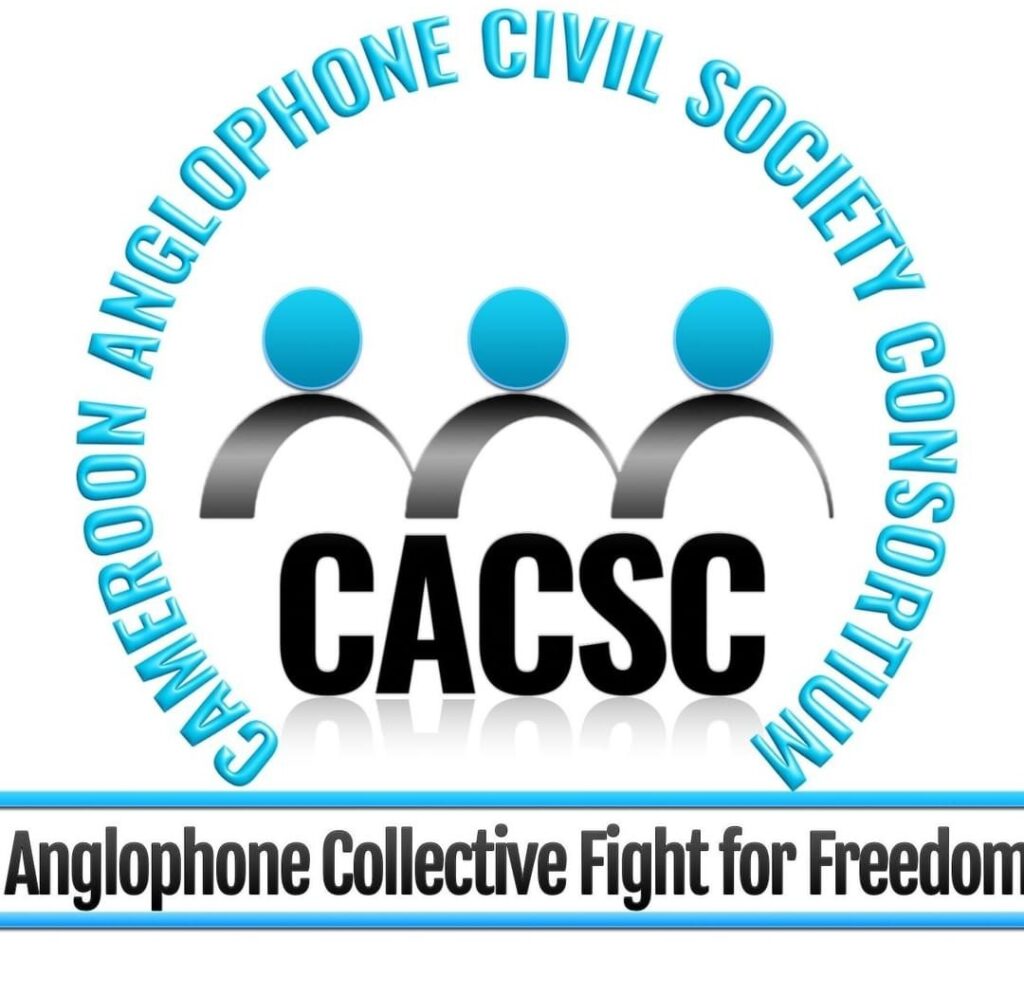
/Courtesy/
He emphasizes that both the common law and education are under threat. Barrister Atoh, who spoke at the meeting, lamented the media’s poor coverage of Cameroon’s challenges.
Oben, a young Cameroonian woman, fled to Nigeria in search of safety and greener pastures. In a brief but extensive conversation with her, she reflects on the lives and events that are now taking place in her hometown, which she visited approximately three months ago.
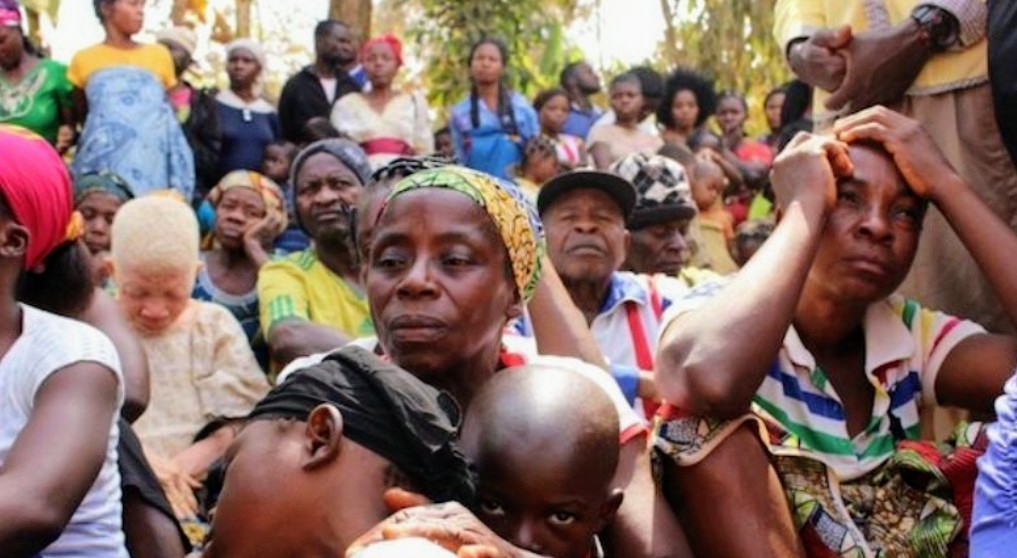
The rebels station themselves in places with abundant resources to harass any “intruder” and occasionally engage in a gun duel with the army, and as the African saying goes, when two elephants fight, the grass suffers. Thus, people are the victims of these engagements.
It is vital to note that the Anglophone areas have a large oil reserve and other natural resources that provide around 60% of Cameroon’s GDP.
However, the residents of these wealthy areas are being denied jobs in oil firms and other government agencies that export these resources, making them feel exploited.
The revenue earned by the Anglophone areas is transferred to the state capital, thus, little development or infrastructure takes place in the minor Anglophone regions.
The rebel organizations are young adolescent members who have nothing else to live for because their schools have been closed, their parents have been displaced, and their town have been abandoned.
These extremists, both elderly and young, have also taken advantage of the situation for personal gain, kidnapping, harassing, and extorting their own people. The once peaceful demonstration has devolved into an uncontrolled catastrophe, with extremists known as “Amba Boys” extorting, damaging, and wreaking havoc in their quest for independence.
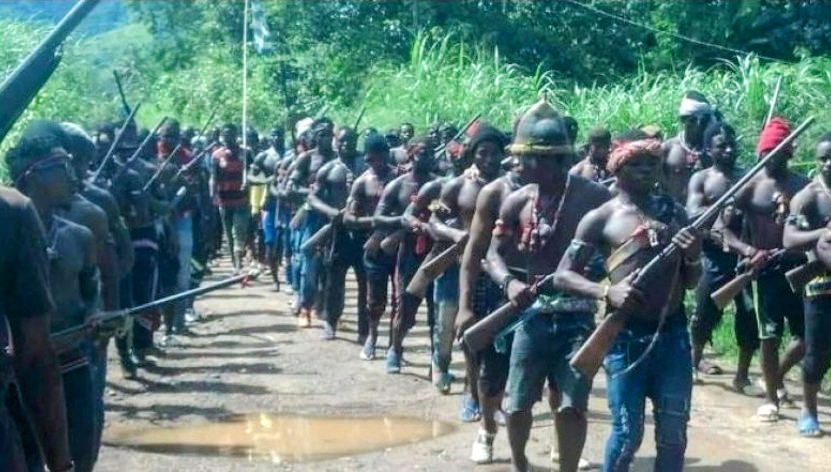
When asked about freedom of movement, she states that an ID is always necessary to travel from one location to another.
The Francophone regions are relatively calm, but entry to these places needs identification. Obtaining an ID requires various papers, making it difficult for people who have lost their property and documentation in the war.
In search of further information, I reached out to a middle-aged man who lives in the midst of the crisis hit Cameroon. For security purposes, I will name him Eric since he insisted to remain anonymous. He claims that the citizens have adapted to the crisis as a way of life, and the sound of gunfire is constant.
It is a difficult problem, and he emphasizes that moving to the Francophone region will still result in stigma, despite his ability to speak both languages fluently.
He explains that “Anglophones residing in Francophone regions have a difficult time finding work because they are perceived as terrorists.” In addition, despite the fact that Cameroon is a bilingual nation, just a few people speak both languages fluently.
“There is also the issue of unemployment,” he adds, “Since there are no possibilities for the Anglophones in the Francophone regions, they make a livelihood through prostitution, working in bars and restaurants, and other minor occupations.”
‘Eric’, a Cameroonian man living in Nigeria
In terms of everyday life, he claims to live in a residential neighborhood, the only residential area in the region, and that it has some type of “protection,” so hoodlums cannot assault such regions. However, life is challenging for the average person.
Kidnapping is common, he claims, and “moving about is perilous since one never knows what one will meet. When the rebels recognize you as working-class, they kidnap you for ransom and explain that they are doing it to raise funds to help in their independence battle, so it should be viewed as an act of solidarity and the abductees’ contribution to the course for bullets and rifles. “
When asked about hospitals, markets, and banking, he says: “They are not very safe, and the COVID-19 outbreak exacerbated the situation.” Stepping outside your door indicates you’re on your own, that anything may happen, and that you’re responsible for your own safety.
We are living in an unpredictable climate. You will be attended to if you walk to a hospital for basic medical care during the day, but it is tough at night. There are no ambulance services in my area. The one we had was managed by a non-governmental organization called Doctors Without Borders, but the government accused them of collaborating with separatists, so they departed. In addition, there is no access to health care in the suburbs; it is only available in the major cities.”
However, Cameroonian Anglophones, both at home and abroad, have asked for international organizations to intervene in the conflict. They think that the problem extends beyond the government, which has already abandoned them, and that nothing has been done to repair the war-ravaged areas.
Only a few European nations (the United Kingdom, France, and Germany) and the United States have released comments calling on the government and separatist organizations to dialogue.
On the global front, the United Nations has yet to take significant steps to end the conflict.
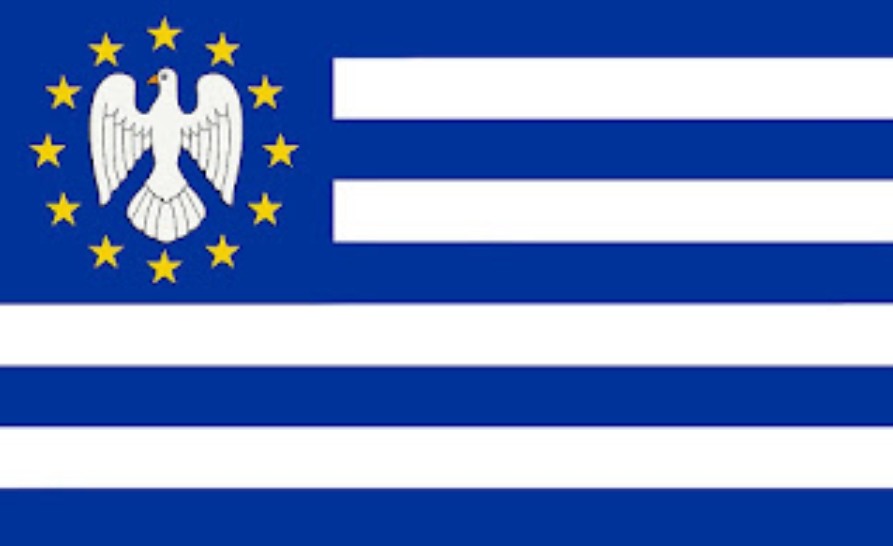


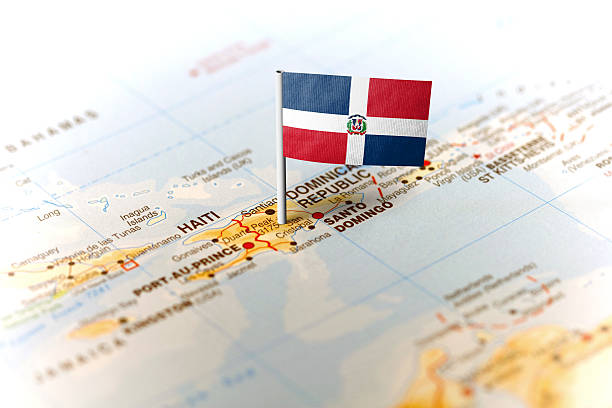
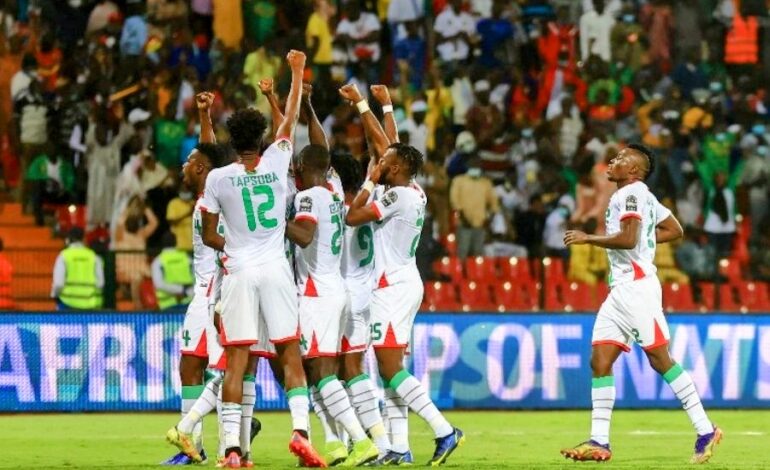

Recent Comments